
Commerce The Communication Process Free ZIMSEC & Cambridge Revision
The Process Communication Model® is a validated tool to decode human interactions, helping you to make the most of every conversation, situation and day. Learn PCM Discover PCM A 2-day seminar to master the art of communication

Process Communication Model®
The communication process cycle is a continuous and dynamic sequence of stages involved in the successful exchange of messages between a sender and a receiver. The communication process cycle typically includes the following phases: Sender's Input Message Transmission Message Reception Receiver's Response Feedback Transmission
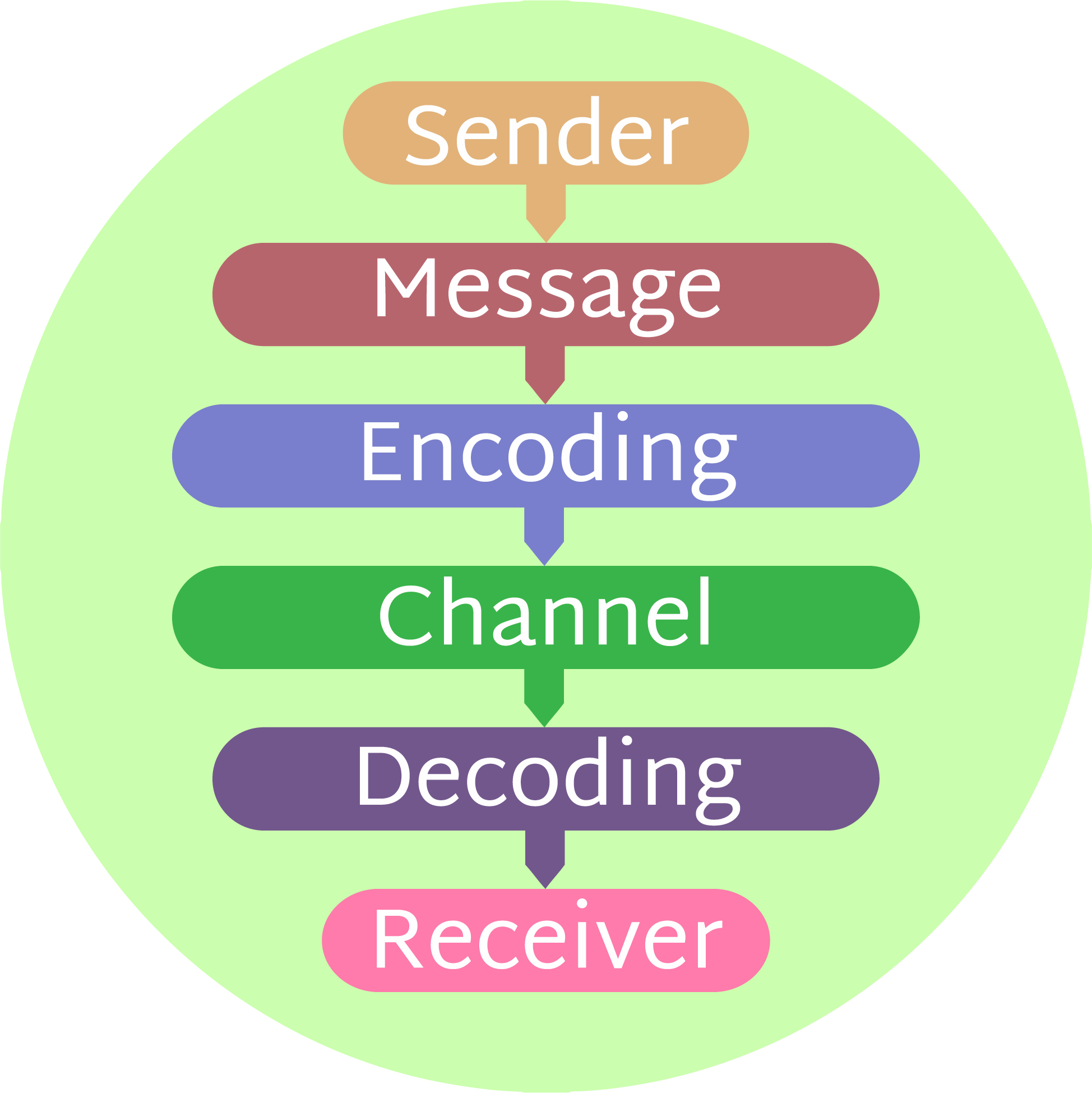
communicationprocess My Church Assistant
The Process Communication Model highlights types of interaction that are cross-cultural, but can manifest differently depending on a person's background and context. Someone with strong Rebel-type energy in Japan may behavioralise it differently from someone with a similar energy in the UK. For leaders, learning to recognise and engage people.

Week 1 Effective Communication The PentaDroid5
The process communication model shows that attending to the needs of staff members and students can stim ulate more acceptable performance and greater growth. Get full access to this article View all access and purchase options for this article.

8.1 Understanding Communication Organizational Behaviour Old Version
The Process Communication Model® (PCM®) is a psychological assessment tool developed in the '70s by the American psychologist Taibi Kahler, Ph.D. PCM® is all about understanding our needs, personality, and communication style before we enter a relationship with others - being our parents, children, colleagues, teams, or clients..

😊 Communication process model example. Models of communication. 20190305
Developed by Taibi Kahler in the 1970s, Process Communication Model (PCM) is a prominent psychometric tool for individual and team development. The main utility of the PCM model is in understanding others' personality types, discovering one's own personality, and personifying others' personality types to have better relationships.

definition of COMMUNICATION ,process of communication Nurses notes
PCM ( Process Communication Model®) is an innovative model that allows you to understand the depth of personality structure. NASA used it in training and selection of astronauts for 20 years, and today this model is used by many well-known Fortune 500 companies. According to the PCM model, each person represents a unique combination
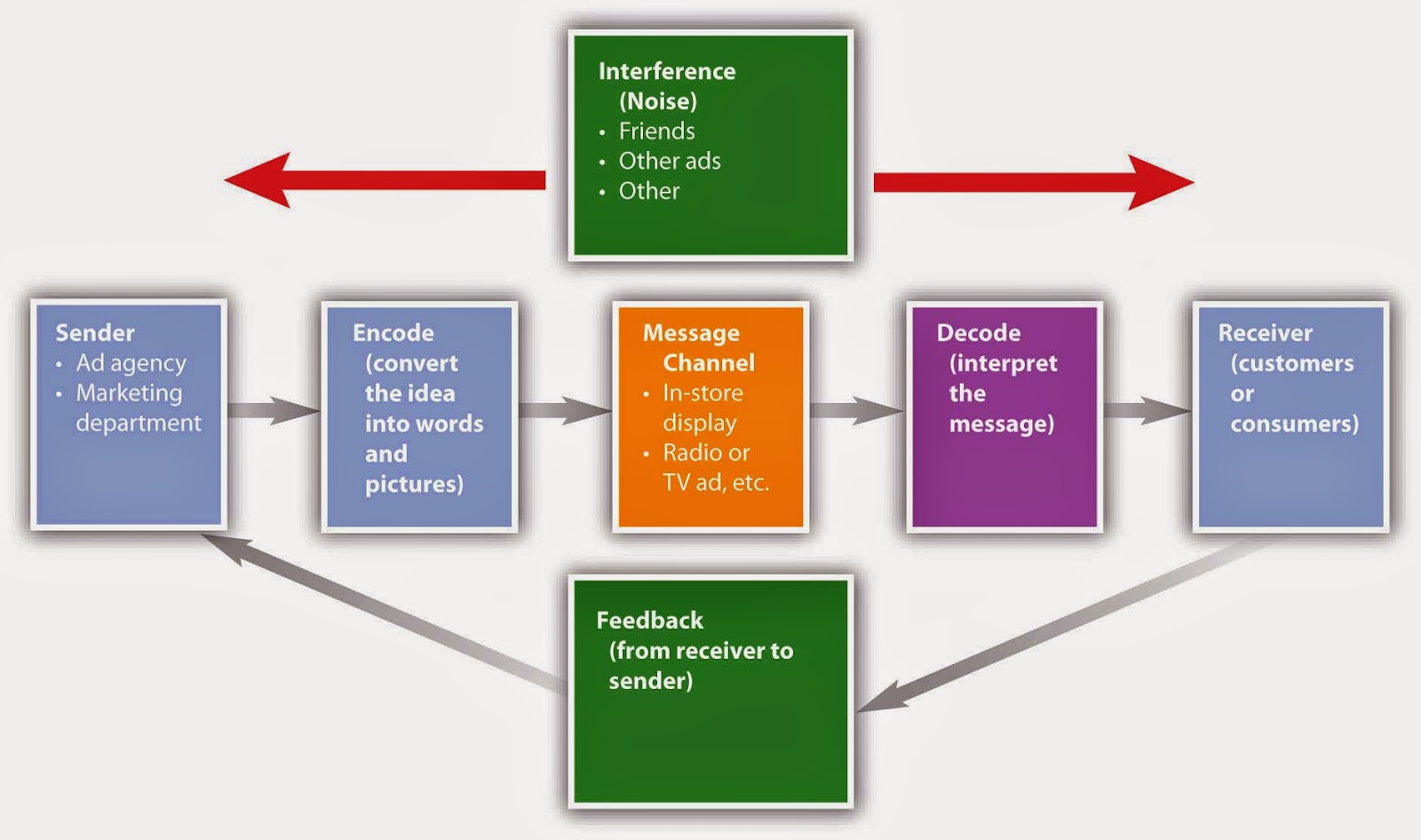
Business Communication Communication Process
All the tools you need to an in-depth Process Communication Model Self-Assessment. Featuring 947 new and updated case-based questions, organized into seven core areas of process design, this Self-Assessment will help you identify areas in which Process Communication Model improvements can be made. In using the questions you will be better able.
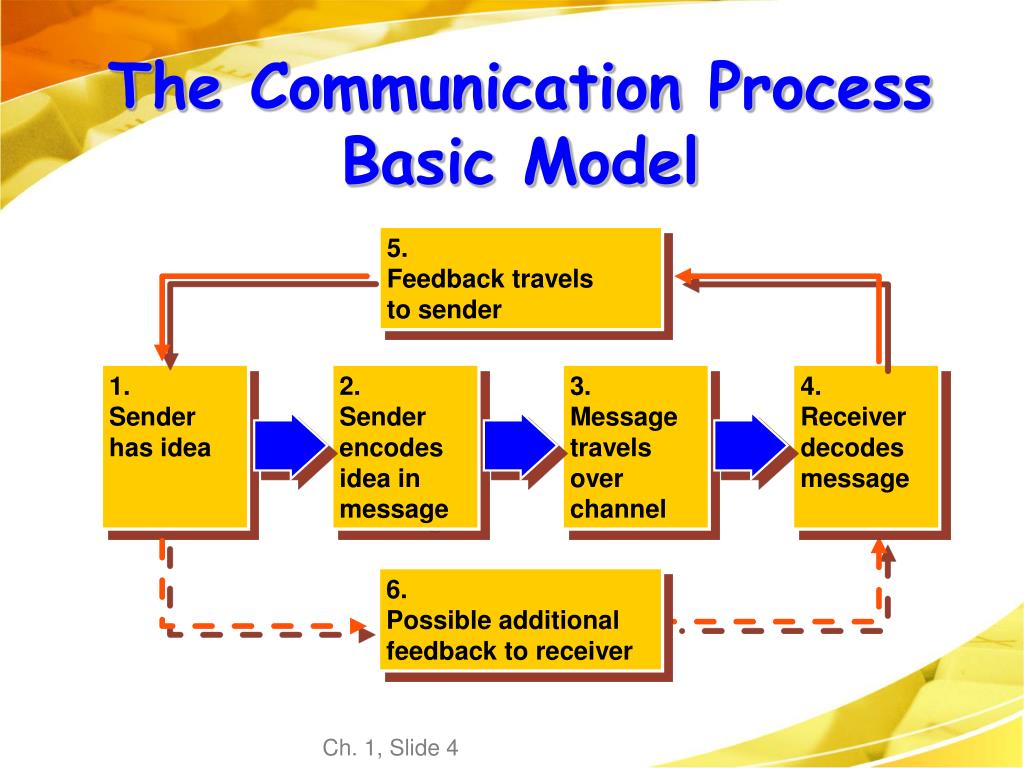
Communication Process Model Diagram
The transmission model of communication describes communication as a linear, one-way process in which a sender intentionally transmits a message to a receiver (Ellis & McClintock, 1990). This model focuses on the sender and message within a communication encounter.
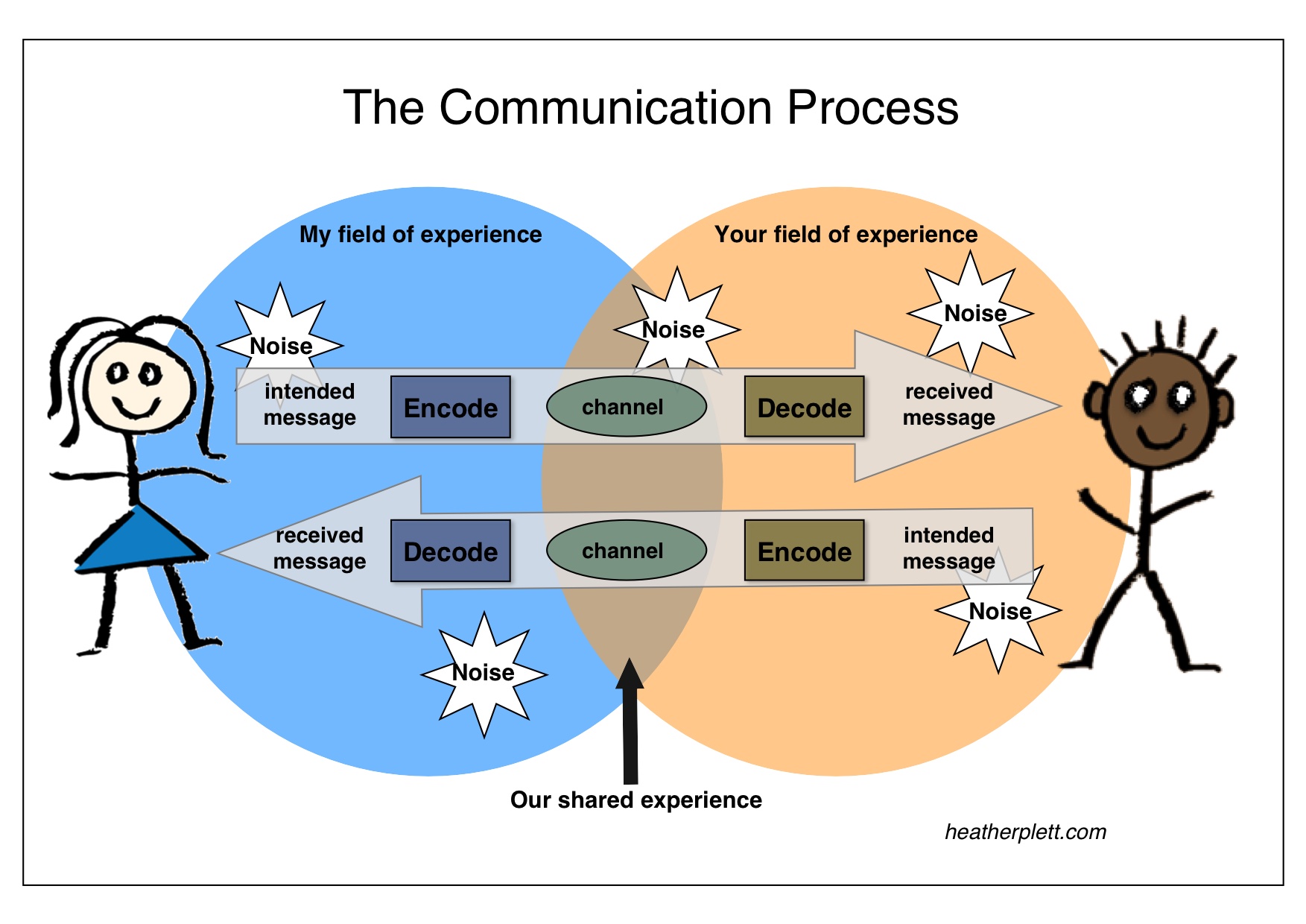
Communicating across differences and through noise Heather Plett
Nowadays, wireless communication technology is evolving towards high data rates, a low latency, and a high throughput to meet increasingly complex business demands. Key technologies in this direction include multiple-input multiple-output (MIMO) and orthogonal frequency division multiplexing (OFDM). This research is based on our previous work DMCNet. In this article, we focus on studying the.
/what-is-communication-process-1689767_FINAL-069d65e4e1414e5c917379c42a537a66.png)
The Basic Elements of the Communication Process
PCM (The Process Communication Model®) is an innovative tool which allows us to understand deep personality structure. PCM Background; About the Founder; Personality Types; Applications of PCM; NASA and The Process Communication Model® For individuals. Personal Profile Inventory - PCM asesment. PCM assessment will provide you a wealth of.
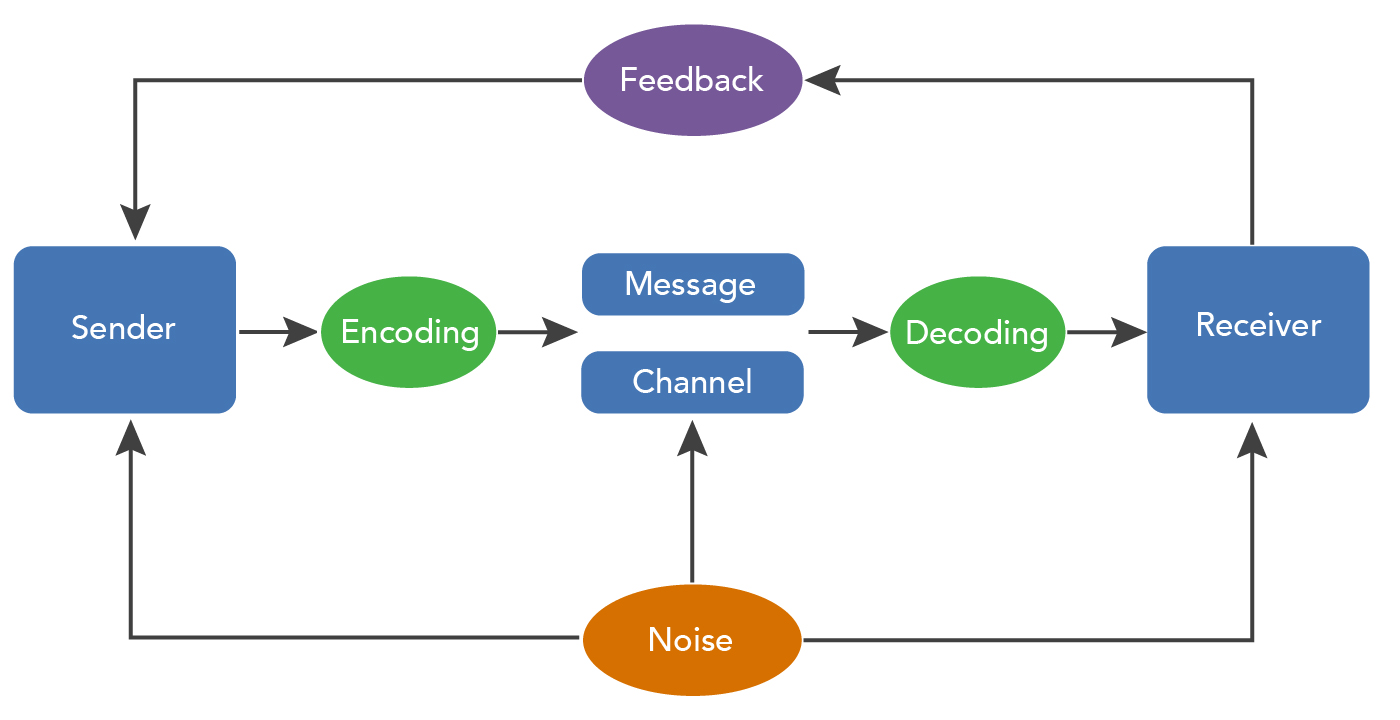
The Process of Communication Organizational Behavior and Human Relations
The Process Communication Model identifies six distinct personality types found within each person: Thinker, Persister, Rebel, Promoter, Harmonizer, and Imaginer. PCM provides invaluable insight into the ways these types influence how an individual thinks, feels and behaves.

Process Communication Model & Virtual Teams Blog TPC Leadership
What are communication models? How can communication models help with work communication? 8 Major communication models Linear models of communication 1. Aristotle's model of communication Aristotle's communication model example 2. Lasswell's model of communication Lasswell's communication model example 3. The Shannon-Weaver model of communication

Environment In Communication Process
Shannon's information theory model has identified the essential components of communication and the relationship among them. However, this linear model does not adequately show the complexity of the real-world communication process (Foulger, 2004b). Communication in the real world is more complex with messages, transmitters, signals, channels and receivers often layered serially and in.

Eli Sebastian Brumbaugh Updated Communication Model
Seeing People Through is a must-read for organizations looking to create more empathy in their culture. In this true gem of a book, Nate Regier shows us how the Process Communication Model (PCM) goes far beyond other assessments by helping us recognize the diversity in others and within ourselves to make our own work lives richer and more meaningful.

Process Communication Model
According to the Process Communication Model, each of us represents a unique combination of six different types of personality. Pictorially, each person has his six-fold personality building, in each type of personality is one floor. The lower the floor, the type of personality is more represented in that person. The first floor is the Base […]